12 Solo Albums From Former Band Members That Are Actually Masterpieces

There’s something fascinating about watching a rock star break away from the group that made them famous. Sometimes, going solo is a disaster (sorry, not every frontman is cut out to carry an entire album on their own). But every once in a while, a musician leaves the nest and creates something so brilliant that it rivals—or even surpasses—the work of their old band.
1. John Lennon – Imagine (1971)
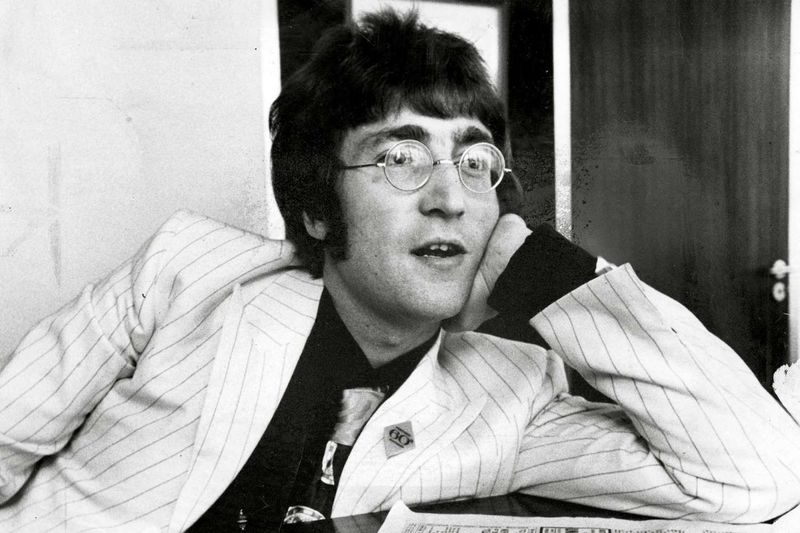
Few albums carry the emotional weight that Lennon’s Imagine does. While the Beatles were already iconic, this record cemented Lennon as more than just one-fourth of the Fab Four.
The title track became one of the most enduring songs of all time, inspiring generations with its vision of peace and unity. But beyond that, the album showcases Lennon’s sharp political voice in tracks like “Gimme Some Truth” and his deeply personal reflections in “Jealous Guy.”
It’s a record that blends vulnerability with power, proving that Lennon had no trouble standing tall outside of the world’s biggest band. Imagine remains one of those albums you can put on anytime and feel something new every listen.
2. Paul McCartney – Band on the Run (1973)
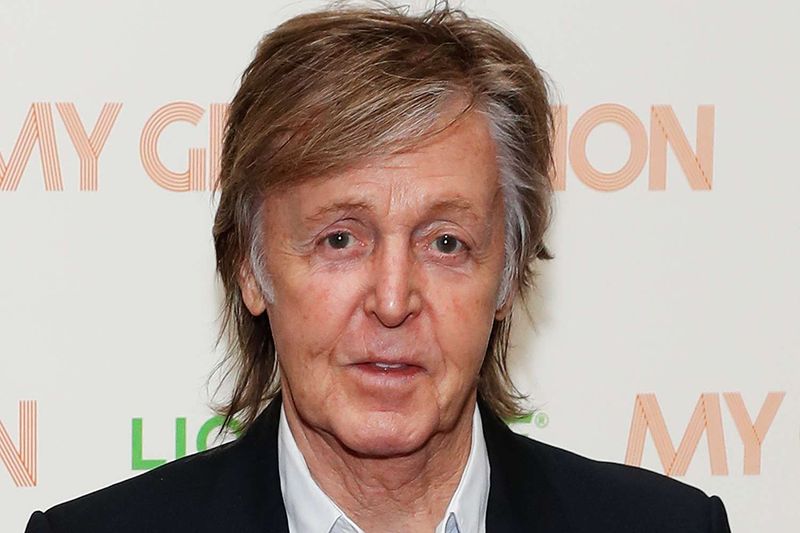
When Paul McCartney formed Wings, critics weren’t entirely sure he could recreate his Beatles-level magic. Then came Band on the Run, and suddenly the doubts vanished.
The record is packed with lush arrangements, unforgettable melodies, and McCartney’s knack for storytelling. Songs like the title track and “Jet” became instant classics, while deeper cuts revealed his ability to push boundaries beyond simple pop hooks.
What makes this album special is how it feels adventurous yet polished, the work of someone who knew he had nothing left to prove—but still wanted to blow everyone away. McCartney didn’t just go solo; he redefined what a solo career could be.
3. George Harrison – All Things Must Pass (1970)
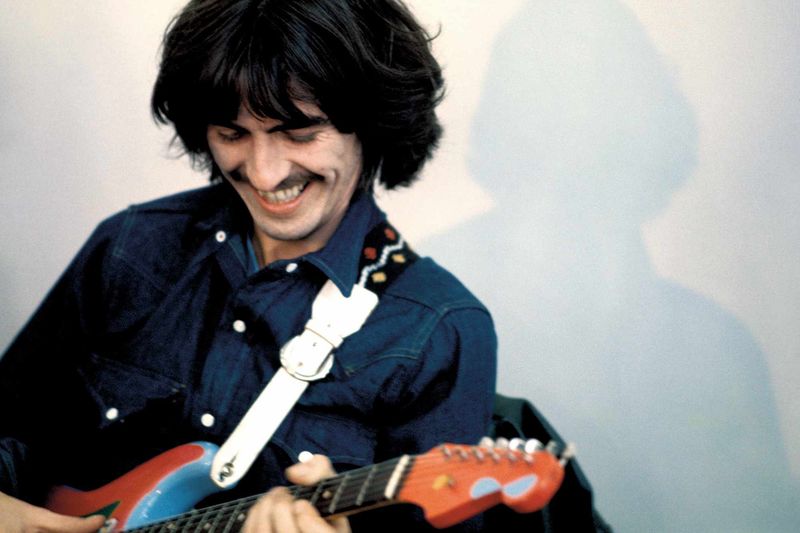
For years, Harrison was seen as “the quiet Beatle.” But once the band split, he unleashed a triple album that showed just how much talent had been waiting in the wings.
All Things Must Pass is overflowing with brilliant songwriting, spiritual themes, and timeless hits like “My Sweet Lord.” The album feels massive, both in scope and emotion, and it quickly established Harrison as a solo force to be reckoned with.
Listening to it today, it’s easy to wonder how so many of these tracks never made it onto Beatles records. Harrison wasn’t just stepping out of the shadow—he was proving he’d been ready for the spotlight all along.
4. Mick Jagger – Wandering Spirit (1993)
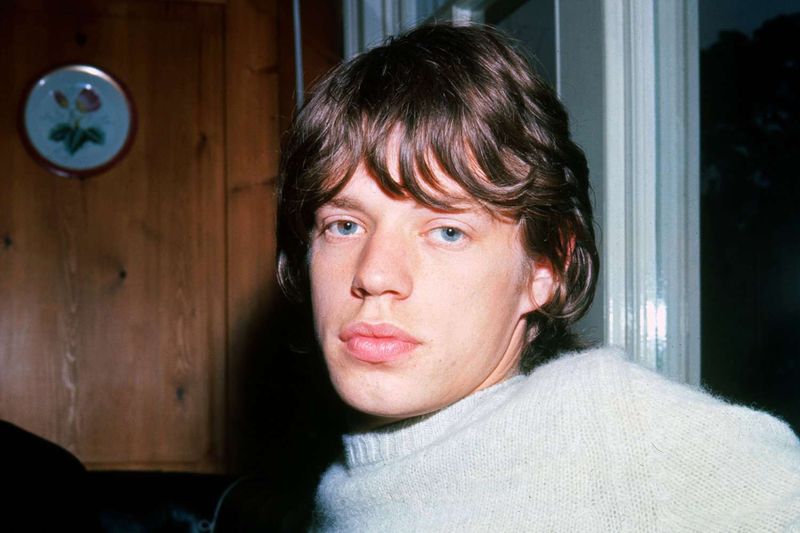
By the ’90s, Mick Jagger didn’t need to prove anything. But Wandering Spirit showed that even without the Rolling Stones, he still had the energy and charisma to carry an album on his own.
The record blends rock, funk, and soul in a way that feels effortless, with Jagger’s trademark swagger on full display. Tracks like “Sweet Thing” and “Don’t Tear Me Up” prove he could deliver powerful vocals without Keith Richards’ riffs backing him up.
While some Stones fans dismissed his solo work, this album remains a standout—one that highlights his versatility and his ability to surprise listeners even decades into his career. It’s pure Jagger, unapologetic and bold.
5. Keith Richards – Talk Is Cheap (1988)
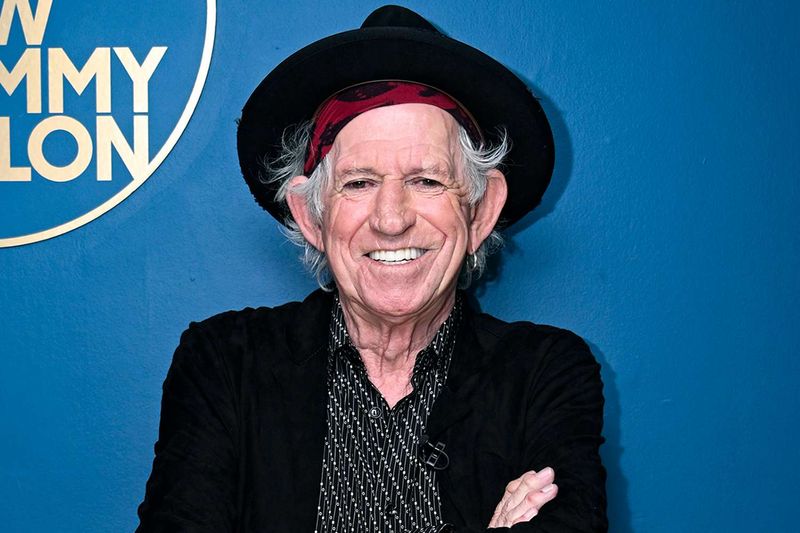
Where Jagger’s solo work leaned toward polish, Keith Richards’ Talk Is Cheap embraced grit. It’s a raw, rock ’n’ roll statement that captures everything fans love about Richards in his purest form.
The album features biting guitar riffs, bluesy swagger, and a sense of authenticity that feels almost rebellious. Songs like “Take It So Hard” show Richards at his best—unfiltered, energetic, and effortlessly cool.
What makes it shine is that it doesn’t try too hard. Richards isn’t reinventing himself here; he’s simply doing what he does best and reminding everyone that he’s the beating heart of the Stones’ sound. Sometimes, less polish means more power.
6. Ozzy Osbourne – Blizzard of Ozz (1980)
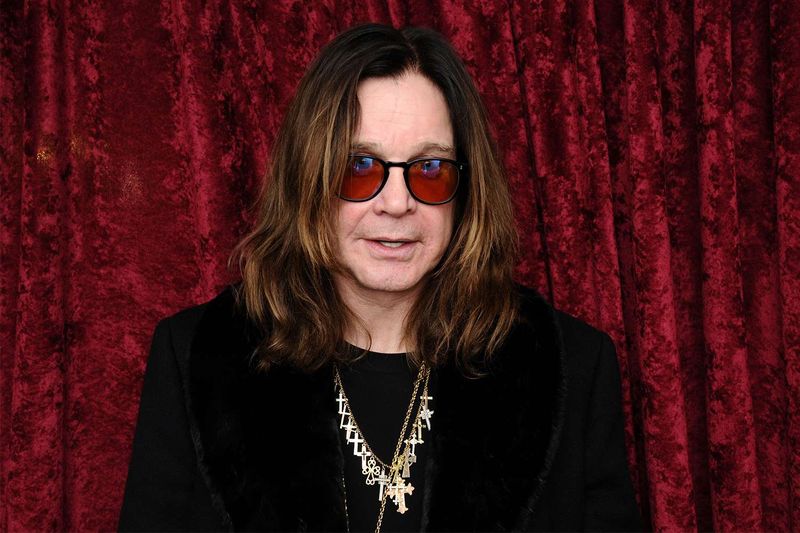
Nobody expected Ozzy to survive—let alone thrive—after leaving Black Sabbath. But Blizzard of Ozz proved that the Prince of Darkness had plenty of fire left in him.
Fueled by Randy Rhoads’ groundbreaking guitar work, the album is a heavy metal masterpiece. “Crazy Train” instantly became one of the most recognizable riffs in rock history, while “Mr. Crowley” showcased Ozzy’s theatrical flair.
This record didn’t just launch his solo career; it helped shape the future of metal itself. Ozzy went from being dismissed as a washed-up frontman to becoming a legend in his own right. And honestly, it’s hard to imagine rock history without this album.
7. Phil Collins – Face Value (1981)
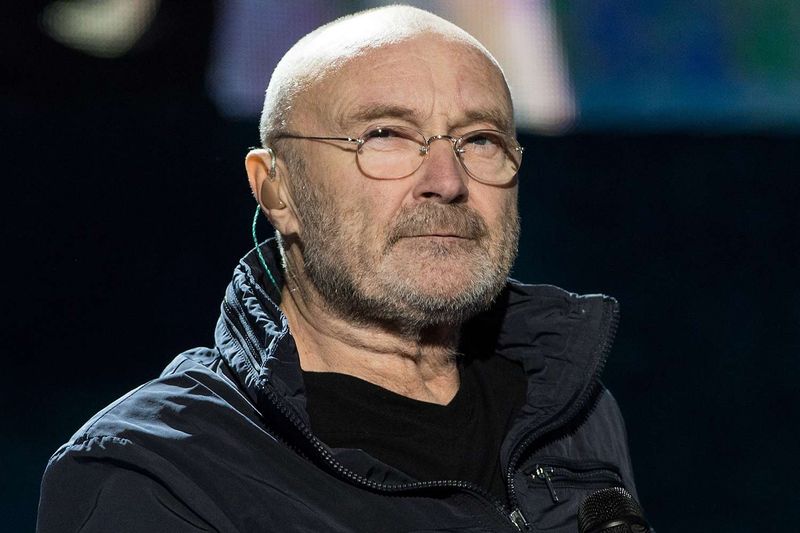
At the time, Collins was still the drummer (and reluctant singer) of Genesis. Then he released Face Value, and suddenly everyone realized he was destined to dominate the ’80s.
The haunting “In the Air Tonight” became an instant cultural touchstone, but the rest of the album is equally compelling. From the soulful “If Leaving Me Is Easy” to the upbeat “I Missed Again,” Collins blended pop, rock, and soul in a way that felt totally fresh.
What makes Face Value resonate is its emotional honesty—born out of Collins’ divorce, it’s a record that turns heartbreak into something universal. It was the start of his unstoppable solo reign.
8. Peter Gabriel – So (1986)
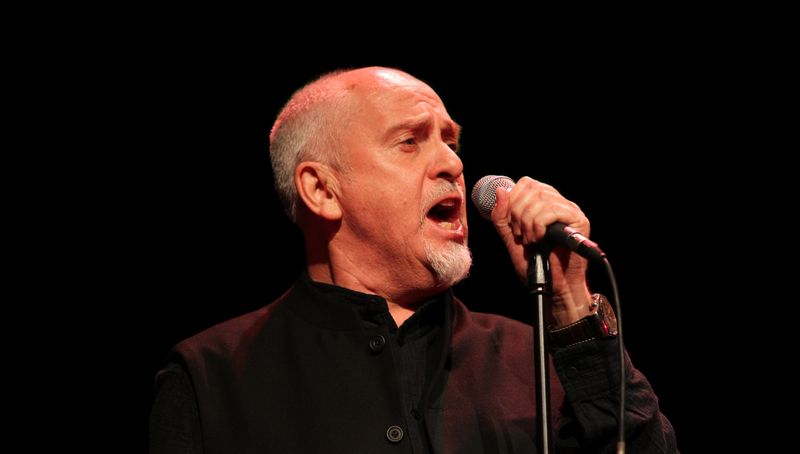
Leaving Genesis allowed Peter Gabriel to fully embrace his experimental side, and So became the culmination of that creativity.
The album is a perfect blend of art-rock and pop accessibility, with “Sledgehammer” becoming a worldwide hit thanks to its innovative music video. Tracks like “In Your Eyes” and “Don’t Give Up” showcase Gabriel’s emotional depth and ability to connect on a human level.
What’s remarkable is how modern So still sounds today. It’s layered, bold, and endlessly inventive—proof that Gabriel wasn’t just breaking away from Genesis, but reshaping the sound of pop and rock for decades to come.
9. Sting – …Nothing Like the Sun (1987)

After The Police disbanded, Sting leaned heavily into jazz, world music, and sophisticated pop. …Nothing Like the Sun was the result, and it remains one of his most celebrated works.
The album features standouts like “Englishman in New York” and “Fragile,” songs that blend sharp songwriting with intricate instrumentation. Sting’s voice is at its smoothest here, floating effortlessly over grooves that feel timeless.
What sets it apart is the way it balances intimacy and ambition. It’s a record that feels both deeply personal and globally aware, cementing Sting as more than just the frontman of a hugely successful band.
10. Eric Clapton – 461 Ocean Boulevard (1974)
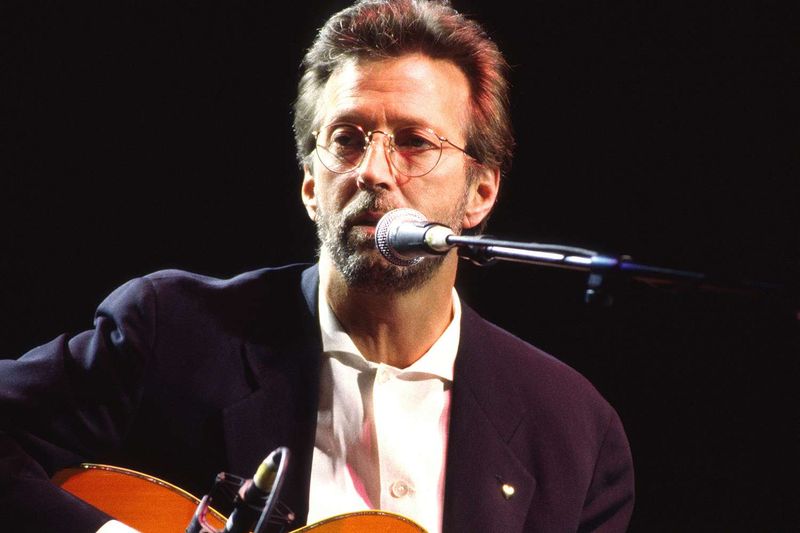
After years of struggles with addiction and burnout, Clapton returned with 461 Ocean Boulevard, an album that reminded the world why he was a guitar god.
Instead of leaning only on flashy solos, Clapton embraced a laid-back, bluesy sound that felt authentic and refreshing. His cover of “I Shot the Sheriff” became a chart-topping hit, while tracks like “Let It Grow” showed his softer side.
The album proved Clapton could reinvent himself without losing what made him special. It’s a mellow yet powerful collection that helped revitalize his career and remains a favorite among fans who prefer substance over flash.
11. Lou Reed – Transformer (1972)
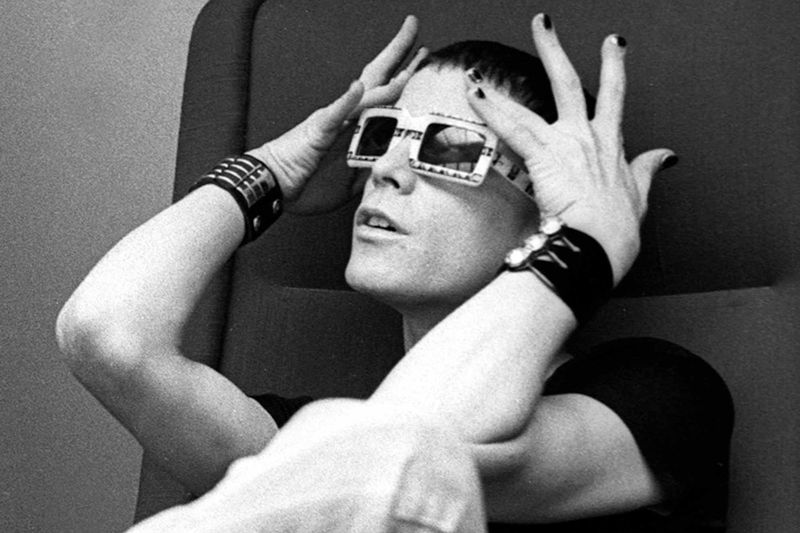
Post–Velvet Underground, Lou Reed teamed up with David Bowie and Mick Ronson to create Transformer, a glam-rock masterpiece that still feels edgy today.
“Walk on the Wild Side” is the obvious standout, but the entire record captures Reed’s knack for storytelling and pushing boundaries. Songs like “Perfect Day” and “Satellite of Love” highlight his ability to balance beauty with grit.
It’s an album that’s as much about atmosphere as it is about music, painting vivid portraits of New York’s underground scene. Reed may have been overlooked in the Velvet days, but Transformer made sure his solo career would never be ignored.
12. Lauryn Hill – The Miseducation of Lauryn Hill (1998)
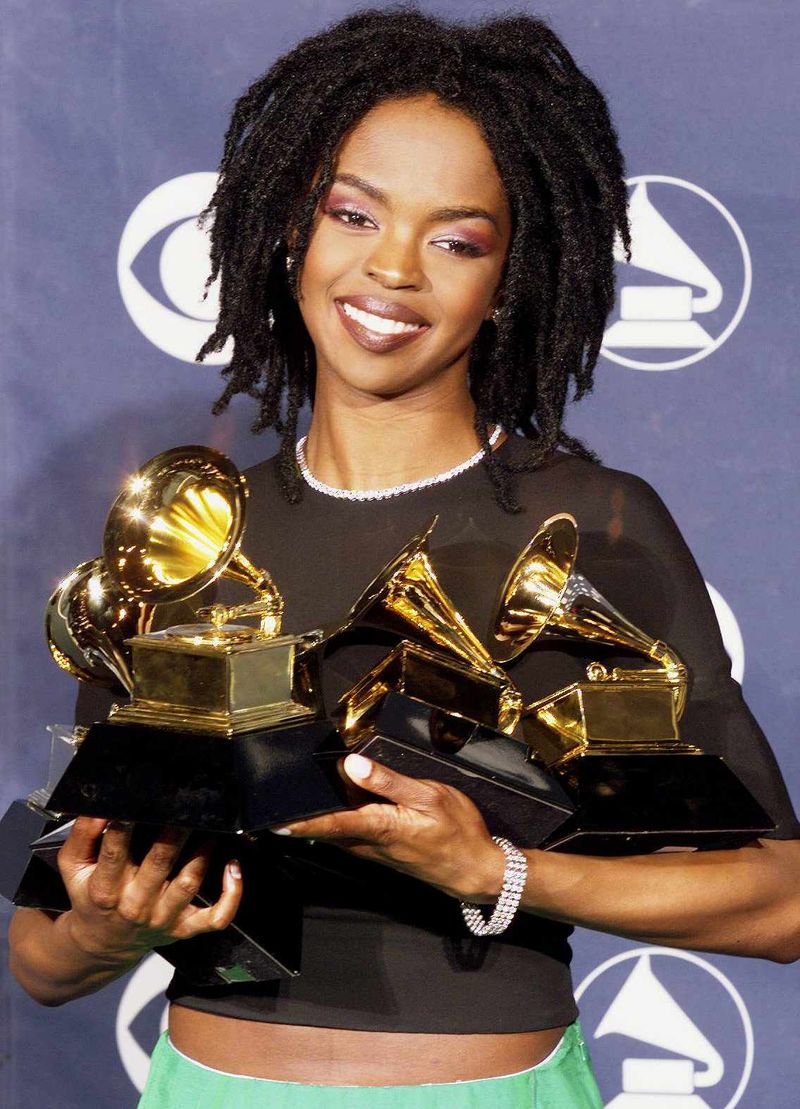
Breaking away from The Fugees, Lauryn Hill created one of the most celebrated solo debuts in music history. The Miseducation of Lauryn Hill wasn’t just an album—it was a cultural event.
Tracks like “Doo Wop (That Thing)” and “Ex-Factor” showcased her ability to merge hip-hop, soul, and reggae into something entirely her own. The record is both deeply personal and universally relatable, tackling love, identity, and spirituality.
Even decades later, the album feels timeless. Hill poured everything she had into it, and the result was a masterpiece that earned her five Grammy Awards. It’s proof that sometimes, stepping away from the group is the only way to find your true voice.

Comments
Loading…